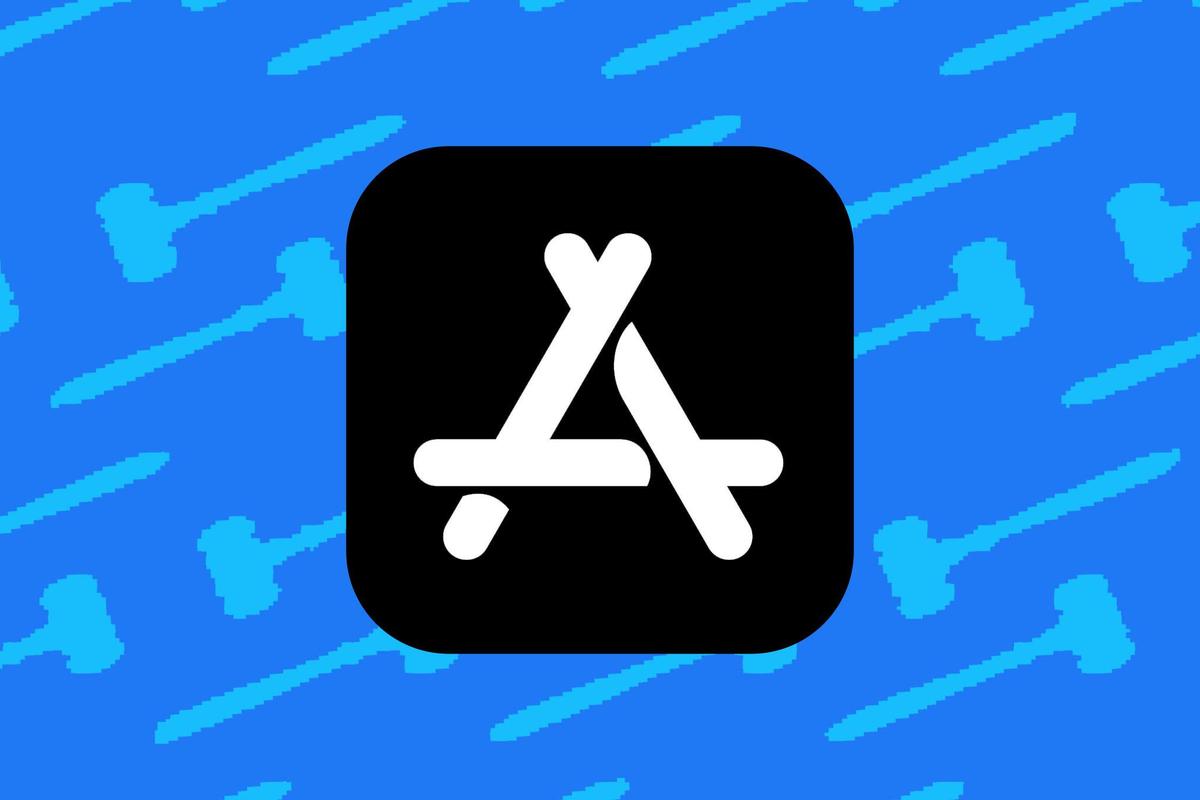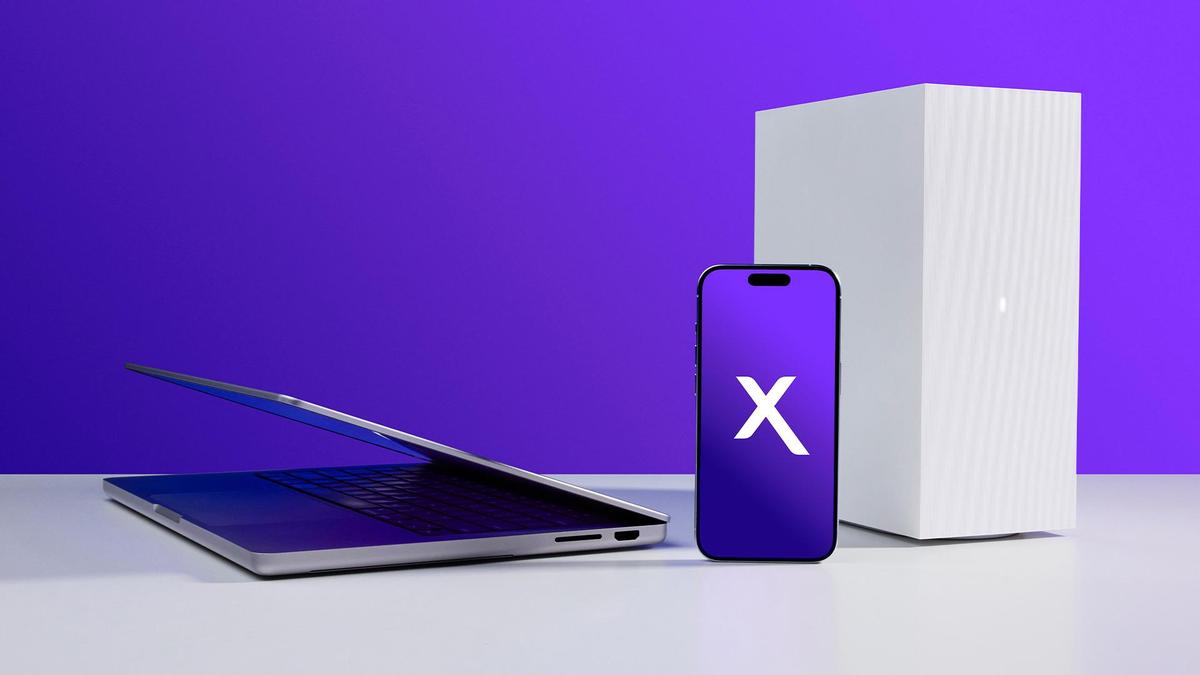Xbox is selling a lot of games on PlayStation
Xbox Dominates PlayStation Charts: A New Era of Multiplatform Gaming?
Xbox Conquers PlayStation: The Multiplatform Revolution is Here
The gaming landscape is undergoing a seismic shift, and the tremors are being felt across console lines. For years, the battle lines were clearly drawn: Xbox exclusives stayed on Xbox, PlayStation titles remained on PlayStation, and Nintendo… well, Nintendo did its own thing. But those walls are crumbling, and the latest PlayStation Store download charts are a testament to this change.
Sony’s recently released data for April’s most-downloaded PS5 games reveals a stunning truth: Microsoft-owned titles claimed the top three spots in both Europe and North America. This isn’t just a minor victory; it’s a clear indication that Xbox’s strategy of releasing games on rival platforms is paying off in a big way.
The Top Performers: A Microsoft Sweep
While specific sales figures weren’t disclosed, the titles leading the charge are household names in the gaming world:
- Minecraft: The ever-popular sandbox game continues its reign, captivating players of all ages and on every platform. Its presence at the top is hardly surprising, but its dominance on PlayStation underscores its universal appeal.
- Oblivion Remaster: Bethesda’s classic RPG, revitalized for a new generation, has clearly struck a chord with PlayStation gamers. The remaster offers a compelling blend of nostalgia and modern enhancements.
- Forza Horizon 5: Xbox’s flagship open-world racing game has successfully transitioned to PlayStation, showcasing the quality and breadth of Microsoft’s gaming portfolio. Its accessibility and stunning visuals have undoubtedly attracted a new audience.
Beyond the top three, other Microsoft-owned titles also made their mark on the PlayStation charts, including Indiana Jones and the Great Circle and Call of Duty: Black Ops 6, further solidifying Microsoft’s presence on Sony’s platform.

From Trickle to Flood: The Xbox Multiplatform Strategy
This surge in popularity on PlayStation comes on the heels of Xbox’s announcement of another multiplatform release: a remaster of the original Gears of War. Furthermore, the highly anticipated Doom: The Dark Ages is set to launch soon on both Xbox and PlayStation. What began as a tentative exploration of other platforms has evolved into a full-fledged strategy, with a steady stream of Xbox games making their way to the PS5.
This shift benefits players immensely, granting access to a wider range of titles regardless of their console preference. However, it also signifies a fundamental change in the approach of platform holders, who traditionally relied on exclusive titles to drive hardware sales.
The Evolving Landscape of Exclusivity
While Nintendo remains steadfast in its commitment to exclusives – with titles like Mario Kart World expected to remain exclusive to the Switch 2 – Microsoft and Sony are gradually moving towards a more open ecosystem.
Sony, while yet to release a first-party title directly on a rival console, has embraced the PC market, bringing major releases like Spider-Man 2 and, soon, The Last of Us Part II to PC after their PlayStation debuts. Sony’s rationale, as stated, is that these PC releases will entice players to eventually invest in a PlayStation console.
Microsoft’s multiplatform strategy has been more comprehensive. Starting with the release of smaller titles like Grounded and Hi-Fi Rush on both PS5 and Nintendo Switch, Microsoft has steadily expanded its reach.
The Dam Bursts: Major Xbox Titles on PlayStation
Initially, Xbox chief Phil Spencer tempered expectations, stating that the initial multiplatform releases weren’t indicative of a complete shift in strategy. However, the recent surge of Xbox titles on PlayStation suggests that the “dam has burst,” as major releases like Age of Empires and Indiana Jones and the Great Circle have made their way to Sony’s console.
Upcoming games like Doom, Gears, and The Outer Worlds 2 are also slated for release on PlayStation, further blurring the lines between console ecosystems. While some first-party Xbox titles, such as Avowed, South of Midnight, and Starfield, remain exclusive (for now), the growing list of cross-platform releases is undeniable.
Even the Gears franchise, long synonymous with the Xbox brand, is now finding a new home on PlayStation, signaling a significant shift in Microsoft’s approach.
Experimentation and the Future of Xbox
Microsoft appears to be in an experimental phase, evaluating the performance of different game genres on various platforms. As the focus shifts away from solely relying on hardware sales, the success of these multiplatform releases will be crucial.
Last year, Phil Spencer articulated a long-term vision of “a future where every screen is an Xbox.” Based on the current PlayStation download charts, it seems that vision is rapidly becoming a reality, even on Sony’s own turf.
What Does This Mean for the Future of Gaming?
The increasing prevalence of multiplatform releases raises several important questions about the future of the gaming industry:
- The End of Console Wars? Will the focus shift from console loyalty to game quality and accessibility?
- Subscription Services: How will services like Xbox Game Pass and PlayStation Plus evolve in a multiplatform world?
- The Role of Exclusives: Will exclusives become less important as publishers seek to maximize revenue across all platforms?
Only time will tell how these trends will play out, but one thing is clear: the gaming landscape is changing, and the traditional boundaries between consoles are becoming increasingly blurred. Microsoft’s success on PlayStation is a powerful indicator of this shift, and it will be fascinating to see how Sony and Nintendo respond in the years to come.
Source: The Verge



